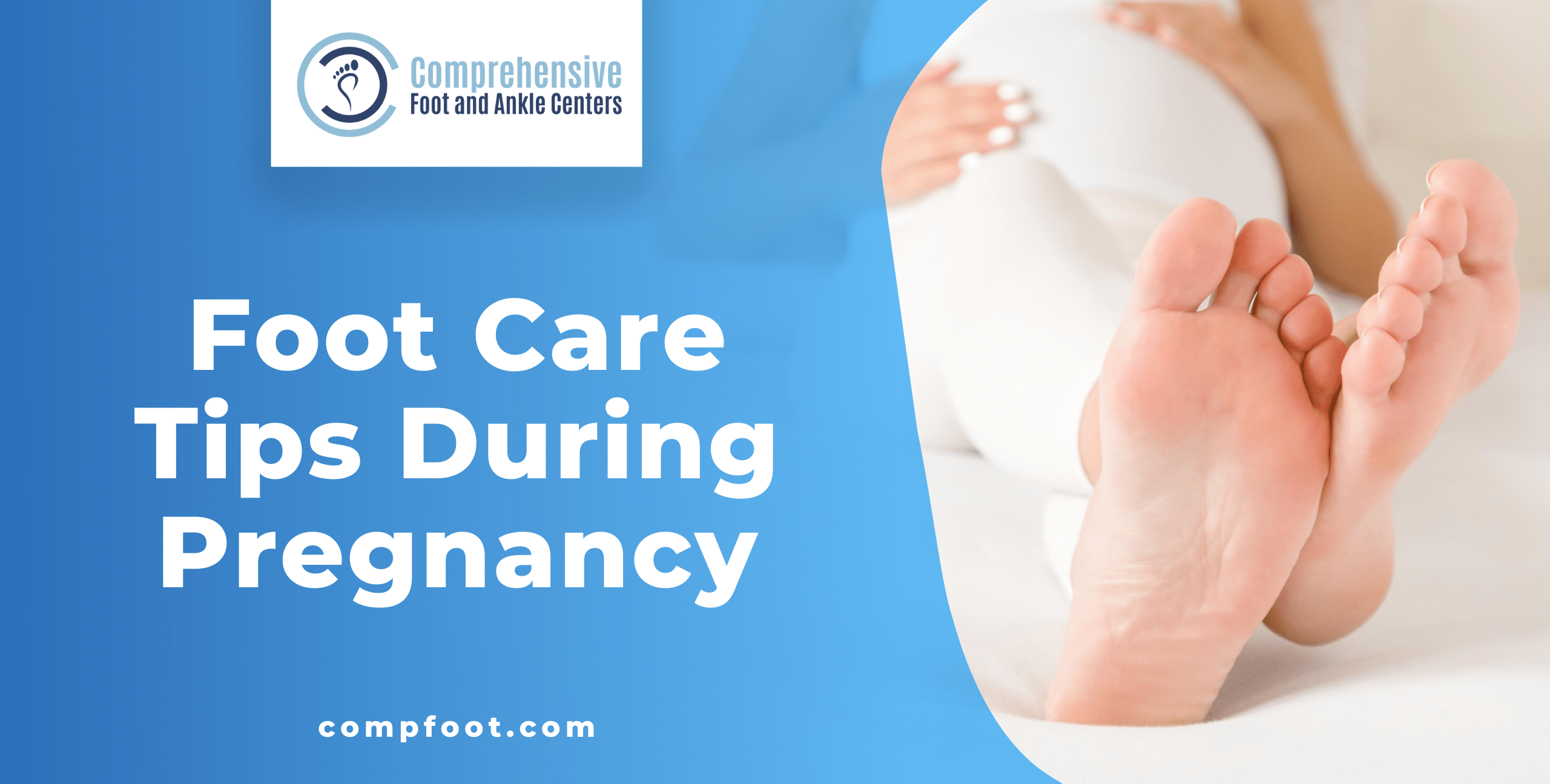Foot Care Tips During Pregnancy
Pregnancy—and, of course, the parenthood that follows—will change your life in a million ways. This is true whether you’re anticipating your first child or you’ve already had several!
Some of those changes are big, some are small, and many are things you never would have expected. That may include changes to your feet!
Aches, pain, and swelling in the feet and ankles are definitely common during pregnancy. While these symptoms are usually mostly temporary, it’s also true that pregnancy can alter your foot structure in permanent ways, too.
But not to fear! There’s usually quite a lot you can do to keep foot discomfort as minimal as possible, so you can continue to go about your day without limitation!

Dealing with Edema
The “classic” foot and ankle symptom that pregnant women deal with the most is definitely swollen feet and ankles.
During this time, your body is trying to retain a lot of extra water, which helps ensure that your baby is able to get all the oxygen and nutrition it needs as efficiently as possible.
However, this process produces some obvious and unwanted side effects, too—namely, edema. Fluid especially tends to pool around the feet and ankles. Gravity, smaller blood vessels, and even pressure on veins all contribute to the issue.
Fortunately, there are many ways you can attempt to manage the problem and reduce any aching symptoms you might be experiencing.
- Drink plenty of water. This might seem counterintuitive—isn’t fluid retention the problem?—but staying hydrated and drinking clean, pure water helps boost your circulatory system, which helps flush your body and keeps fluid from pooling.
- Limit salt and caffeine intake. Excess salt causes the body to retain more water, worsening edema. Too much caffeine, meanwhile, can leave you dehydrated, impairing the healthy circulation of fluid.
- Exercise your feet and legs. It keeps the blood (and fluid) flowing. You don’t have to go crazy—gentle stretching exercises and walking are great choices. (As is getting a foot massage!) Avoid long, unbroken periods of standing or sitting.
- Keep your feet elevated. Propping your feet up on a pillow while you sleep or kicking back on the couch helps limit excess swelling in the feet.
- Wear compression stockings. They apply some extra pressure to your legs to help maintain consistent blood flow.
- Lie on your side instead of your back. This helps improve circulation to the feet as well.
These tips should help immensely, but do keep a close eye on your feet and ankles. If you experience any more severe symptoms, including cramping, varicose veins, or one leg swelling more than the other, give us a call immediately.

Addressing Flat Feet and Changes in Walking Gait
When you’re carrying that much extra weight around your midsection, it’s only natural that your walking gait would need to adapt to fit the new physical reality.
However, this is only part of the reason why your gait changes during pregnancy. Another component is flattening arches, which can persist even after the rest of your body has returned to its pre-pregnancy shape.
During pregnancy, your body releases hormones that loosen joints and ligaments throughout your body. For obvious reasons, this is very helpful for the birthing process itself. But it also loosens up ligaments in the feet, which can flatten arches and cause your feet to pronate excessively as you walk.
Regardless of the extent to which this is occurring, it’s always a good idea to support your feet with comfortable shoes that give your arches lots of cushioning and support.
If that isn’t enough and you’re still struggling with foot pain—whether during or after pregnancy—stop by our office for a quick check of your feet and gait. We may provide or recommend a set of arch supports (prefabricated or custom) to better accommodate the specific needs of your feet.
Don’t Let Foot Problems Slow You Down!
Many women consider foot pain just “part of the territory” during pregnancy. It’s definitely easy to see why you might feel that way!
But while it’s true that you might be dealing with some unwanted discomfort or swelling, your feet should not hurt. If they do, it’s a sign that something needs to change, either with your footwear or how you treat your feet on a day-to-day basis.
You’ve got enough on your mind and plenty to do. You shouldn’t be slowed down by preventable foot problems! If the above tips aren’t enough to keep the discomfort manageable, give us a call. We understand what you’re going through, and want to make sure you get the care you need to keep your feet and ankles healthy and strong—so you can continue to live life to the fullest during this incredible time in your life!
Just call us at (816) 455-1155 to request an appointment at any of our locations in Missouri or Kansas, or request an appointment online.
